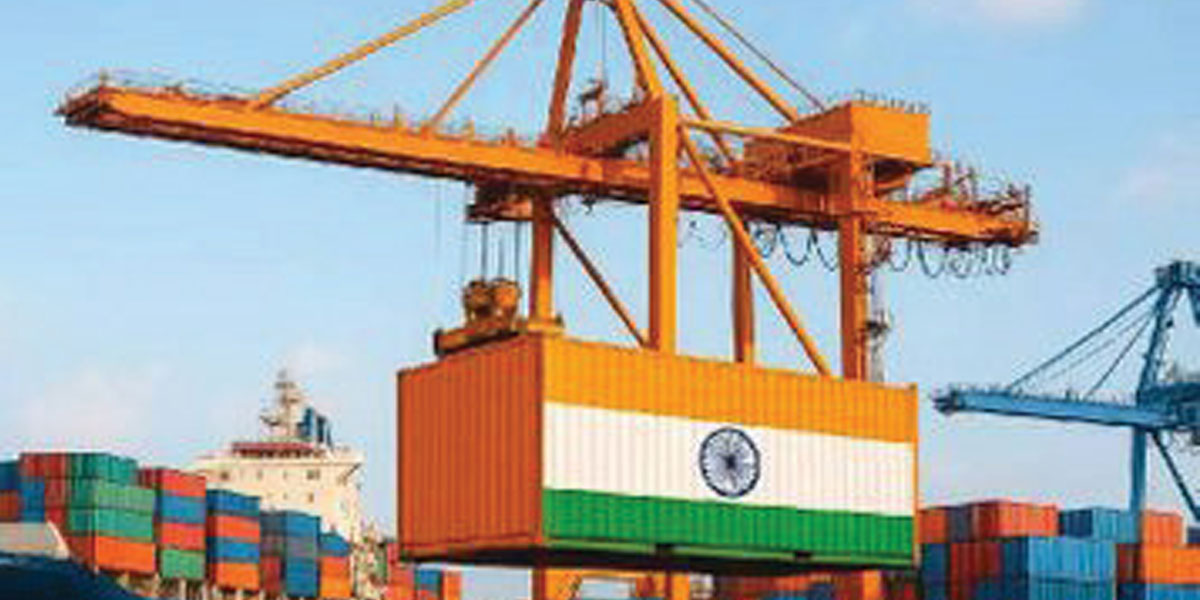Schedule a Call Back
UNNATI 2024: Putting North East on a growth path
 Articles
Articles- Apr 22,24

Government of India has approved the Uttar Poorva Transformative Industrialization Scheme (UNNATI), 2024 on 9th March 2024. With a tailored approach, it is designed to boost industrial eco-system in the region and attract new investments. By incentivizing new industrial units and those undergoing substantial expansion, UNNATI paves the way for an economy built on performance and innovation. This central government scheme is effective from 09 March 2024 to 08 March 2034 and additional 8 years for committed liabilities. The scheme has proposed a total financial outlay of INR 10,037 crore. Further, the Scheme is divided into two parts i.e., Part A and Part B. Where Part A caters to the incentives to the eligible units, Part B is for the implementation and institutional arrangements for the scheme.
All 8 North Eastern-States are covered, namely Arunachal Pradesh, Assam, Manipur, Meghalaya, Mizoram, Nagaland, Sikkim, and Tripura. The districts in these states are further classified into Zone A (Industrially Advanced Districts) and Zone B (Industrially Backward Districts) for granting the incentives.
The scheme is being launched on the same lines as the Central Scheme for Industrial Development of Union Territory of Jammu & Kashmir which received a particularly good response from the industries.
Figure 1: States covered under the Scheme
Who are the beneficiaries under the scheme?
Units are defined as industrial manufacturing entity or service sector enterprise registered under GST excluding the Industrial Unit in which Government has more than 50% stake/shareholding. In case of manufacturing sector, the scheme mentions a Negative List of Products like cement, plastic, etc. which are not conducive for the environment of the north-eastern region. Whereas for service sector, the scheme shall be applicable only for services listed in the Positive List which majorly includes sectors that generate employment opportunities and tourism.
Following are the minimum investment criteria:
Registrations under the scheme have commenced from 9th March 2024 and will continue till 31st March 2026. It is to be noted that merely applying for registration will not entitle any applicant to claim incentives under this scheme. The registration will be granted by the competent authority as laid out in the guidelines, which will, inter alia, consider the prima facie eligibility of the unit and availability of approved funds.
What are the benefits under the scheme?
Figure 2: Benefits under the Scheme
1. Capital Investment Incentive:
This incentive can be availed by new units, as well as Expanding units in both Zone A and Zone B. Eligible Capital Investment (ECI) is investment made in plant and machinery (for the manufacturing sector) or for construction of building and installation of other durable physical assets (for services sector).
Table 1: Quantum of Capital Investment Incentive
Zone | Incentives |
Zone A | 30% of the ECI with a maximum limit of INR 5.00 crore |
Zone B | 50% of the ECI with a maximum limit of INR 7.50 crore |
Those sectors on which GST is not applicable, the maximum incentive cap would be a higher limit of INR 10 crore. | |
2. Capital Interest Subvention:
This incentive can be availed by new units, as well as Expanding units in both Zone A and Zone B. Interest on loan up to the principal amount of INR 250 crore for investment in eligible plant and machinery (for manufacturing sector) or building and all other durable physical assets (for service sector) shall be eligible for interest subvention. In cases where the total principal amount of loan is more than INR 250 crore, then amount exceeding INR 250 crore would not be eligible.
Quantum of Incentive: All eligible units can avail interest subvention at the annual rate of interest of 3% for Zone A and 5% for Zone B for a maximum of seven consecutive years from any date after the date of application for registration under this scheme.
The eligible amount of incentive will be disbursed only after the commencement of commercial production. Further, this incentive is applicable only on the loans availed from Scheduled Commercial Banks or Financial Institutions registered with Reserve Bank of India.
3. Manufacturing & Services Linked Incentive:
Only new units will be eligible for this GST linked incentive. The upper limit of incentive under this component shall be 75% (for Zone A) and 100% (for Zone B) of the eligible value of investment made in plant and machinery (for manufacturing sector) or construction of building and other durable physical assets (for services sector).
Quantum of Incentive: Incentive will be equal to 100% of the Net payment of GST, i.e., GST Paid less Input Tax Credit, for a maximum of 10 years from the date of commencement of commercial production/operation or till the validity of the scheme whichever is earlier. However, GST paid on exported goods or services will not be counted towards eligible incentive amounts under this component.
Maximum eligible benefit to one unit from all scheme components i.e., capital subsidy, interest subvention and GST linked incentive is INR 250 crore.
Let us take an example for better understanding of the incentives offered
Let us assume the following parameters (refer Table 2) for a new manufacturing unit set up in Zone B-
So, the example (refer Table & 2) highlights that on INR 50 crore investment, approx. 100 per cent of the investment can be recovered back in the form of incentives.
For all the enterprises including MSMEs, planning to diversify and further expand their operations can look at the north-eastern region as one of the feasible options for investment and especially for industries which are already flourished in these regions like paper, agro and food processing, etc. Units can recover almost 100% of the project cost back over a 10-year period through available incentives.
This is indeed a welcome step by the Government of India for the development of the north-eastern region and the units should reap the benefits of the scheme and maximise their potential.
Views expressed above are personal.
About the authors:
Aishwarya Jaju is the Consultant (Tax and Regulatory), Indirect Tax, at Ernst and Young LLP India.
Neha Satte is the Senior Consultant (Tax and Regulatory), Indirect Tax, at Ernst and Young LLP India.
Related Stories

Govt Unveils Rs 72.95bn Export Credit Support Package
Interest subsidy and guarantees to boost MSME exports
Read more
Budget 2024 to boost India’s manufacturing industry
The Budget has strategically prioritised the manufacturing sector along with the infrastructure, employment and skilling development.
Read more
Tax deducted at source implications on year-end provisions
TDS is required to be deducted at the time of payment or credit in books to the account of the recipient, whichever is earlier.
Read more















